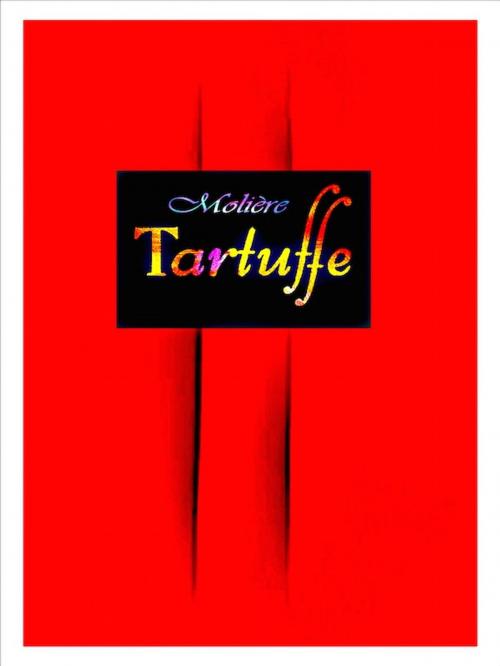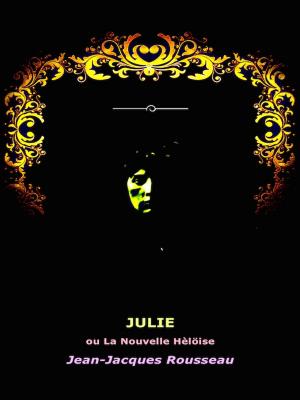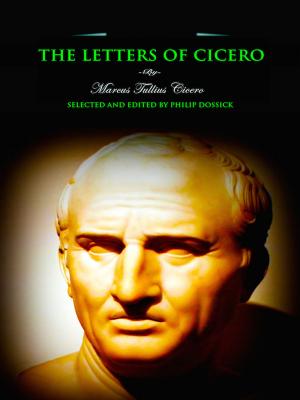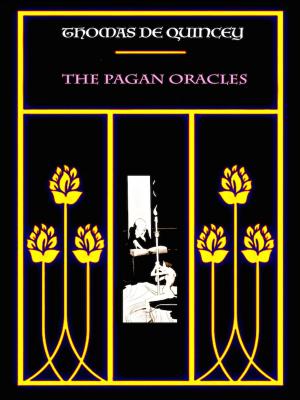| Author: | Moliere | ISBN: | 1230000874700 |
| Publisher: | Editions Artisan Devereaux LLC | Publication: | January 4, 2016 |
| Imprint: | Language: | English |
| Author: | Moliere |
| ISBN: | 1230000874700 |
| Publisher: | Editions Artisan Devereaux LLC |
| Publication: | January 4, 2016 |
| Imprint: | |
| Language: | English |
Molière's play, Tartuffe, repeatedly banned before its eventual public performance in 1669, is a comedy; but it is a comedy in which something serious is at stake.
Condemned and banned for five years in Molière’s day, Tartuffe is a satire on religious hypocrisy.
If you think this is going to be just another French farce, a light and sugary confection, you’re going to choke on that chocolate éclair, for Tartuffe, is no pious man of God, but a lascivious liar and hypocrite.
From the moment he enters, Molière telegraphs Tartuffe’s true nature. There’s a reptilian grace to this charlatan. He’s a snake posing to strike, a lizard, a Lucifer.
In Molière’s tale, religious fraud Tartuffe, fools worms his way into the wealthy and naive Orgon’s household, blinding the master of the house with his religious "piety."
The family soon believes that Orgon has truly lost his mind, because he has gone religiously bonkers on them.
That, they fear (correctly), is only the beginning.
Tartuffe almost succeeds in his attempts to seduce Orgon’s wife and disinherit his children before the final unmasking.
Molière (Jean-Baptiste Poquelin), 1622–1673, was a French playwright and actor considered one of the greatest masters of comedy in Western literature. Among Molière's best-known masterworks are The Misanthrope, The School for Wives, Tartuffe, The Miser, The Imaginary Invalid, and The Bourgeois Gentleman.
Molière's play, Tartuffe, repeatedly banned before its eventual public performance in 1669, is a comedy; but it is a comedy in which something serious is at stake.
Condemned and banned for five years in Molière’s day, Tartuffe is a satire on religious hypocrisy.
If you think this is going to be just another French farce, a light and sugary confection, you’re going to choke on that chocolate éclair, for Tartuffe, is no pious man of God, but a lascivious liar and hypocrite.
From the moment he enters, Molière telegraphs Tartuffe’s true nature. There’s a reptilian grace to this charlatan. He’s a snake posing to strike, a lizard, a Lucifer.
In Molière’s tale, religious fraud Tartuffe, fools worms his way into the wealthy and naive Orgon’s household, blinding the master of the house with his religious "piety."
The family soon believes that Orgon has truly lost his mind, because he has gone religiously bonkers on them.
That, they fear (correctly), is only the beginning.
Tartuffe almost succeeds in his attempts to seduce Orgon’s wife and disinherit his children before the final unmasking.
Molière (Jean-Baptiste Poquelin), 1622–1673, was a French playwright and actor considered one of the greatest masters of comedy in Western literature. Among Molière's best-known masterworks are The Misanthrope, The School for Wives, Tartuffe, The Miser, The Imaginary Invalid, and The Bourgeois Gentleman.















